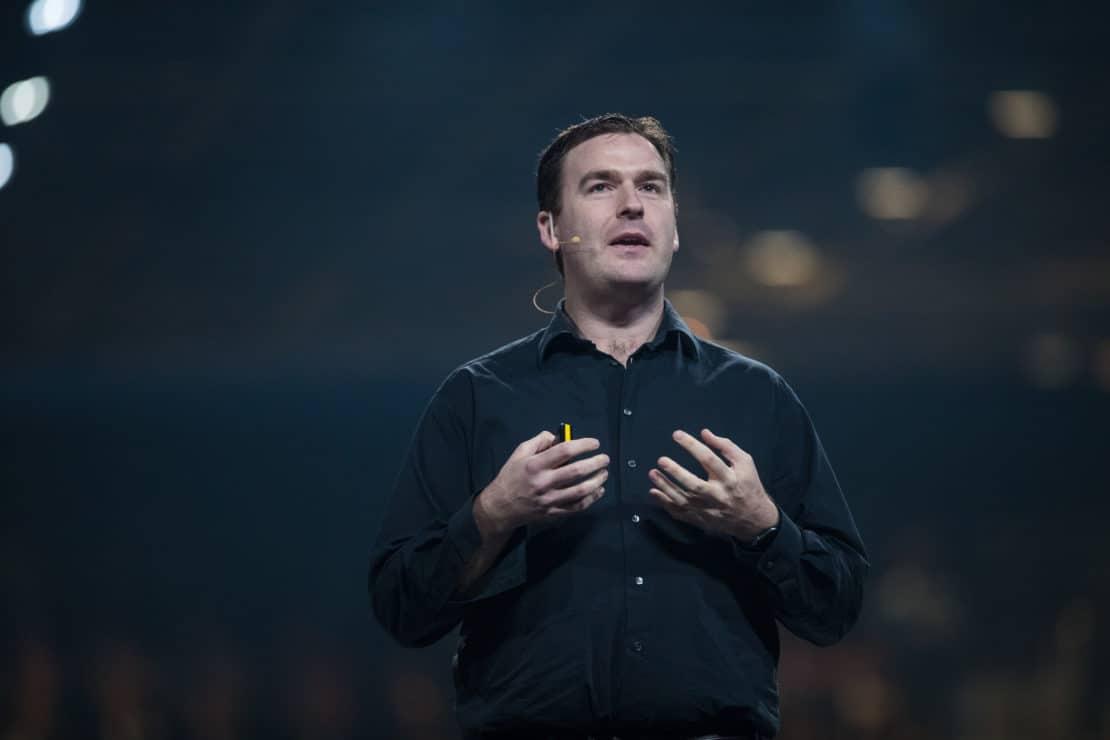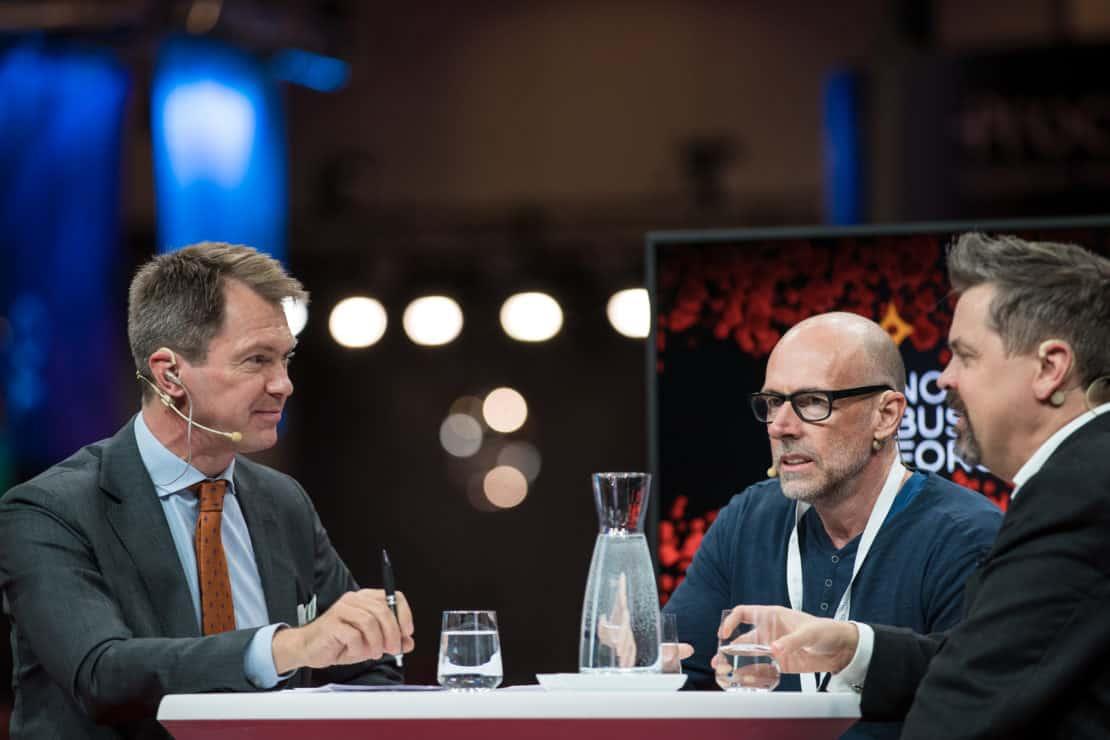6Oct2016
By positioning products as key to success, today’s SaaS market leaders are tackling real problems with a new wave of phenomenal products.
As Co-founder and Chief strategy officer at Intercom, a customer communication startup with over 7k customers and $66M in funding, Des Traynor understands what customers want.
“The days of CEOs sending pinstripe-suited, well-groomed sales teams on planes to sell unviable software to other CEOs are over. In terms of business software, the buyer – usually the CEO – doesn’t use it, and the users – the employees – are no longer buying it,” said Traynor.
Instead, software has gone through a user experience revolution. From Hubspot to iOS, companies obsess over how beautiful they can make their products. However, this is only part of the story.
“Businesses need to be ruthless when focusing on product work. There is some really important stuff in your product that needs to be really good,” Traynor continued. “Your product must always be feasible, reliable and desirable. By focusing on phenomenal R&D, you create phenomenal products. Traction, retention, engagement – great products address all of these problems.”
Companies such as WhatsApp are at the vanguard of disruption through value creation for their customers. WhatsApp 30-strong in-house team of engineers have delivered a product used by 1.2 billion people daily that is near single-handedly responsible for the death of SMS. “By focusing on high impact R&D, WhatsApp’s small team delivers huge value for their product,” said Traynor.
Traditional business models are afraid of eschewing conventional routes to market. Today’s market changes everything. “A rapidly growing marketplace means that even niche products can easily reach $10M in annual turnover. Go-to-market has also evolved – we now sell direct to the user, allowing us to reach today’s insane adoption numbers. If your product is great, your company can be started with a $0 marketing budget and can be expanded to market and distributed at exponential speed with thousands of paying customers.
“This has allowed companies with great products to shift towards reoccurring revenue. A company like Adobe which traditionally charged $900-plus now charges customers $20 a month for a seriously great product whose reputation spreads by word-of-mouth through evangelical users.”
However, it is important for companies to both follow meaningful SaaS metrics – churn rate is paramount – and to charge for the value they create. “Complicated, cheap software will be the death of your company. Keep users by giving them what they need, and ensuring that you make profit from the value you deliver.”
@johnathancozzi


